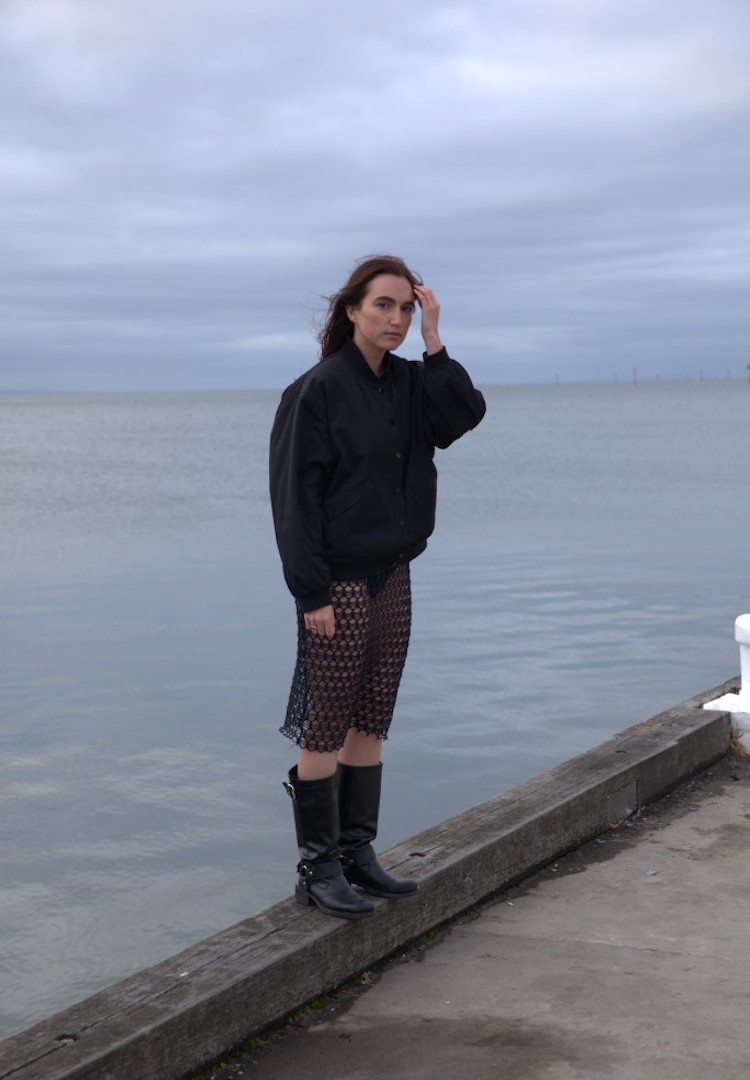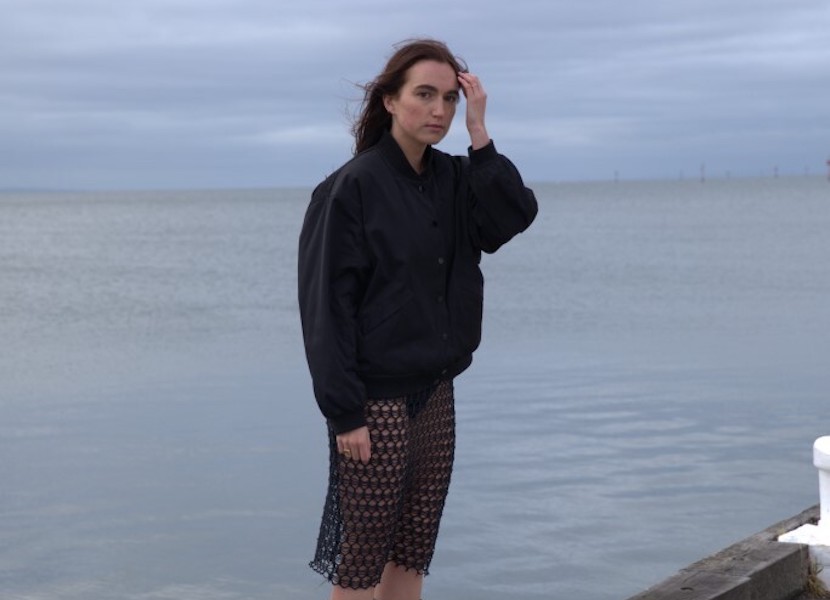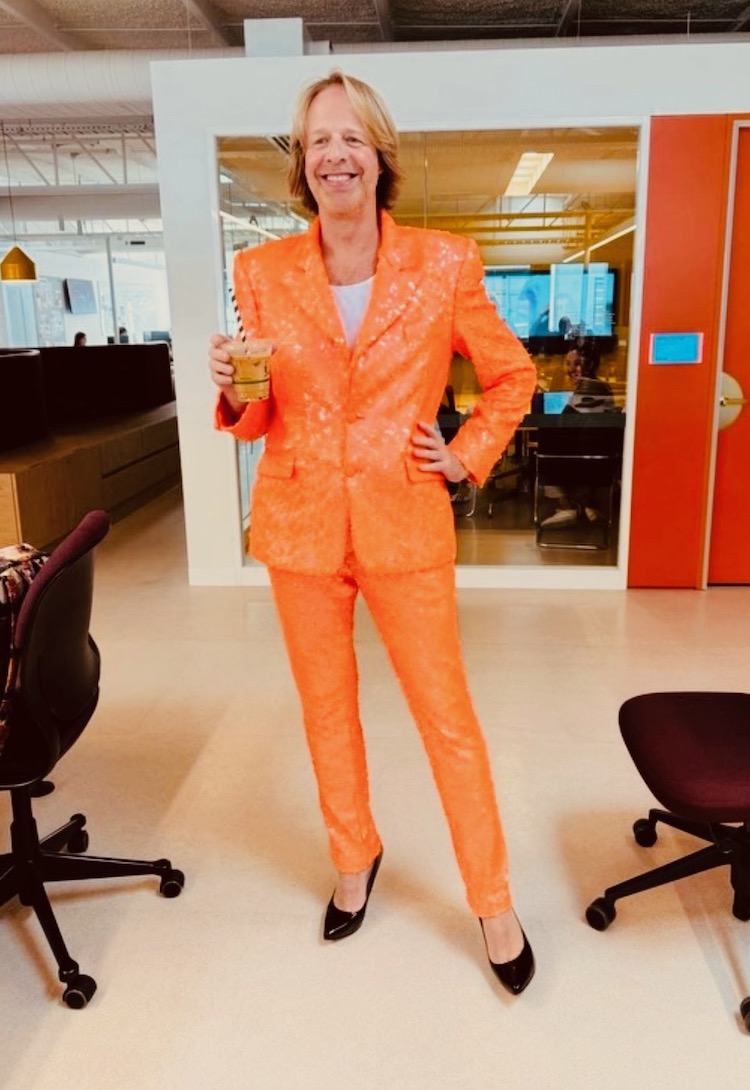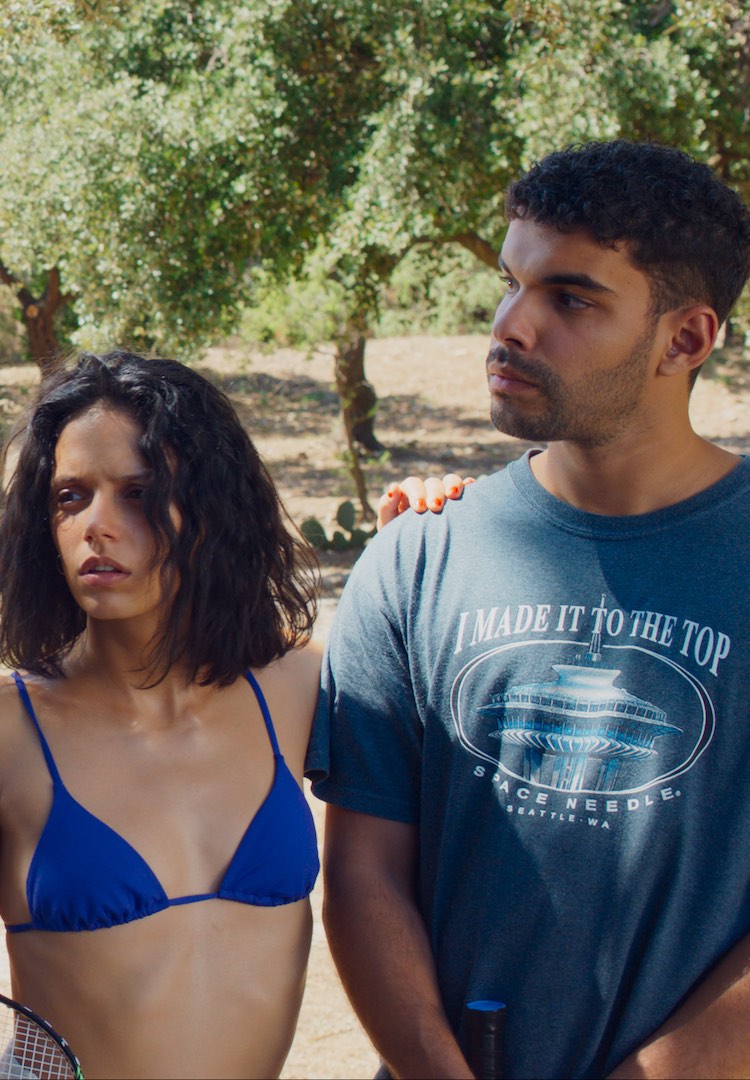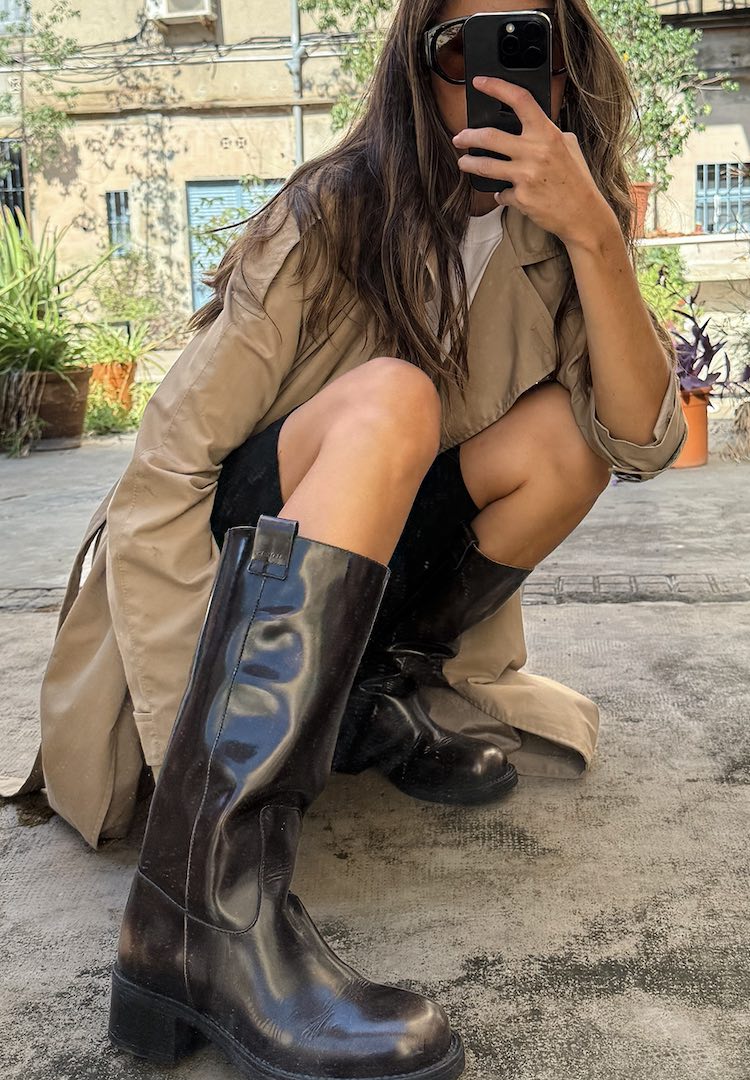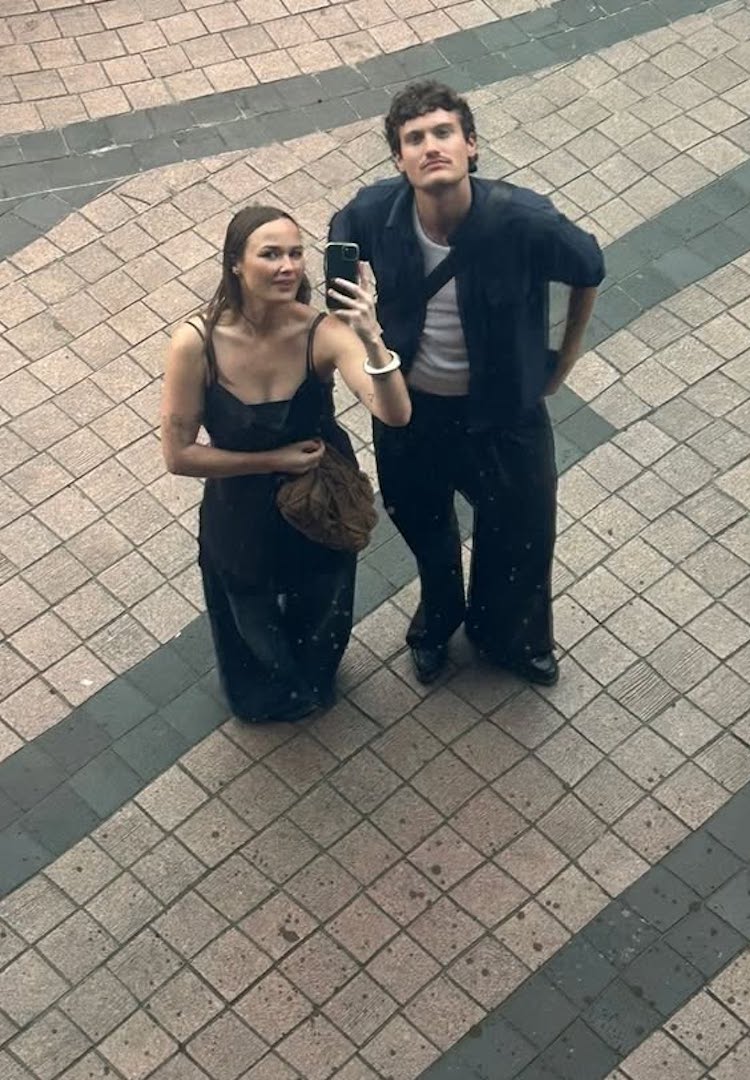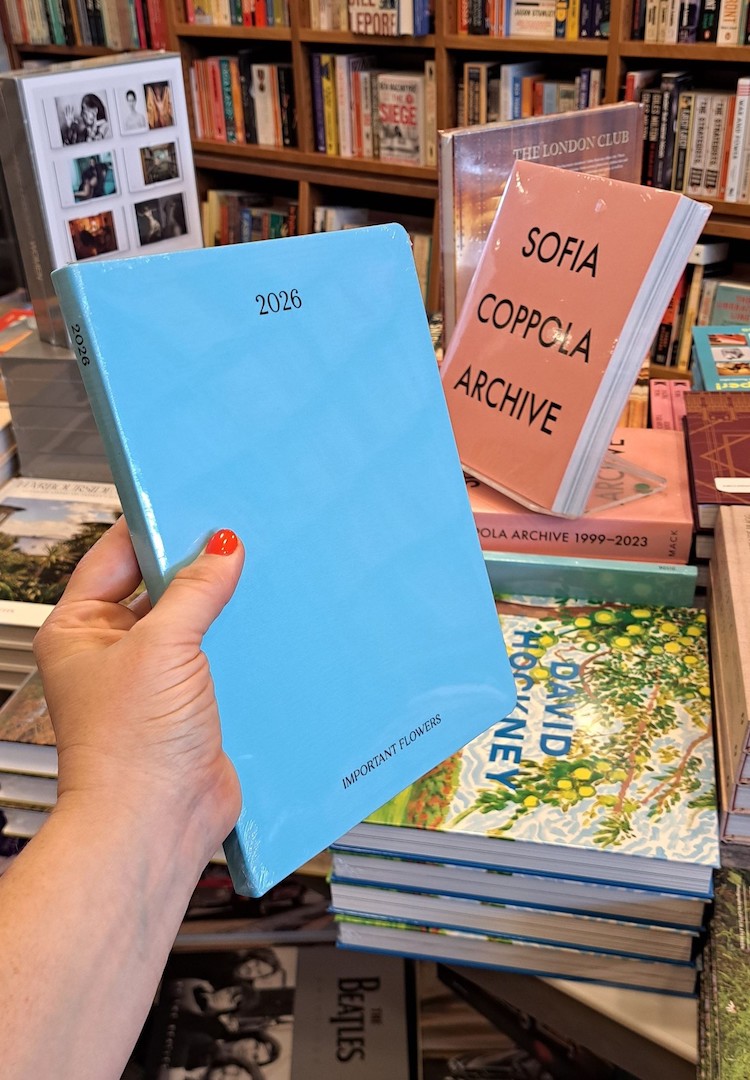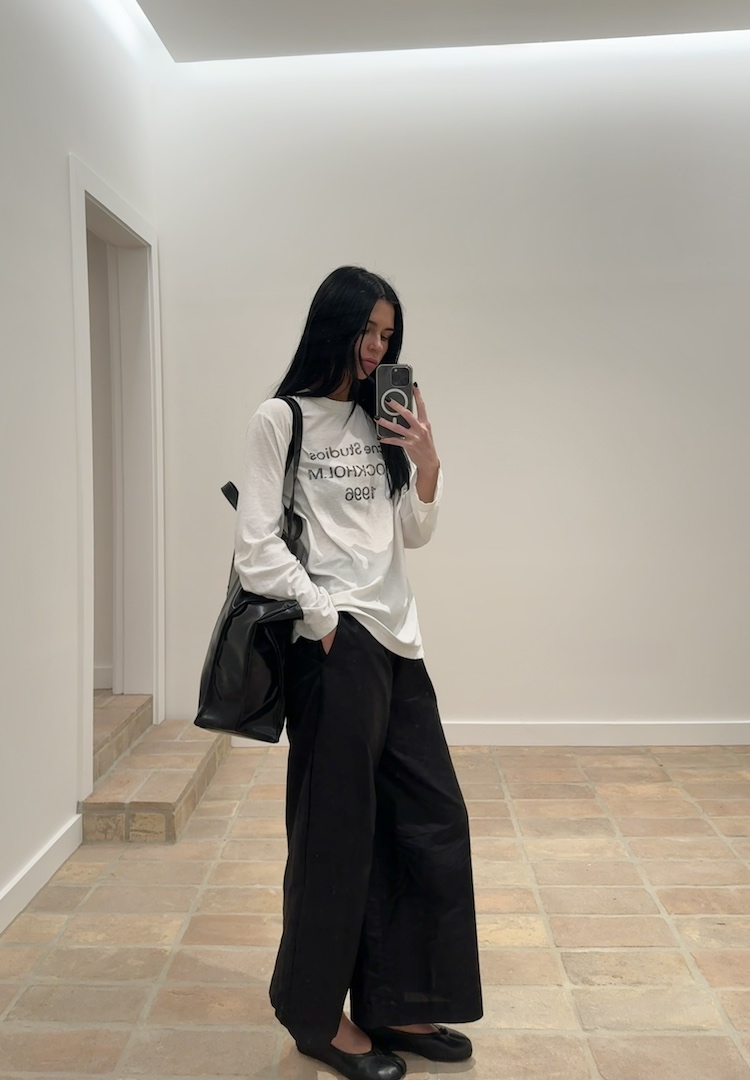How I Got Here: Writer, director and actor Jess Sofarnos on trusting the process
PHOTOGRAPHY BY ALEX SPROULE-LAGOS
STYLING BY EMILY POOLE
WORDS BY LARA DALY
“If you really want to do it, you’re in for the long haul. It’s a marathon, not a sprint!”
Have you ever stalked someone on LinkedIn and wondered how on earth they managed to land that wildly impressive job? While the internet and social media might have us believe that our ideal job is a mere pipe dream, the individuals who have these jobs were, believe it or not, in the same position once, fantasising over someone else’s seemingly unattainable job.
But behind the awe-inspiring titles and the fancy work events lies a heck of a lot of hard work. So what lessons have been learnt and what skills have proved invaluable in getting them from daydreaming about success to actually being at the top of their industry?
Welcome to How I Got Here, where we talk to people who are killing it in their respective fields about how they landed their awe-inspiring jobs, exploring the peaks and pits, the failures and the wins and most importantly the knowledge, advice and practical tips they’ve gleaned along the way.
This week, we speak to Jessica Sofarnos, a writer, director, actor and producer from Melbourne, whose short film Punctum premiered at the Melbourne International Film Festival this year. While Jessica has experienced success in her career, like many multi-hyphenate creatives she followed her passions on top of studying something ‘sensible’, “the classic back up plan situation”.
After landing her first job on Disney Channel as a young student, she couldn’t believe she could get paid to have that much fun. But she soon learnt the fickle nature of the performing arts. Dropped by her agent and rejected from an acting school, she took a corporate advertising job for a few years, “telling lots of lies to my boss that I had doctor’s appointments at lunch to run and do auditions.”
Below, Jessica shares her rollercoaster journey to a full-time career in the arts and why diversifying her skill set was key to her success.
What do you do and what’s your official job title?
I’m a writer, director and actor. I also work across film and TV production, currently as a director’s assistant on a show for Peacock.
View this post on Instagram
Take us back to when you were first starting out. Did you study to get into your chosen field, or did you start out with an entry level role and climb the ladder? Tell us the story.
I always knew I wanted to be a performer from a really young age, so I started training pretty intensively from 13 in dance and musical theatre when I got my first agent in year 12. She encouraged me to do more screen acting and sent me out to auditions while I was at uni, studying a Bachelor of Professional Communications (the classic ‘backup plan’ situation).
I booked my first job on the Disney Channel then got a tiny role on an ABC show opposite Claudia Karvan for two days, and couldn’t believe I was getting paid to have that much fun. I came home to my parents when I wrapped and cried about how happy I was on set and how sad I felt that I had to go sit in a classroom the next day.
Even though I knew that I wanted to find that feeling for the rest of my life, looking back I was so unaware of the demands of ‘the job’. [I] had trained so much on top of school that I just wanted to have fun and be a bit young, wild and free. My agent ended up dropping me and I didn’t get into acting school in Melbourne. While I continued to try, I went through a real lull period with performing and instead travelled every chance I could get, finished my degree at RMIT and had a solid start to a career in magazine publishing.
After a few years in the corporate space and lots of lies telling my boss that I had doctor’s appointments at lunch to run and do auditions, I couldn’t shake the nagging feeling that I was meant to be somewhere else, so I quit my job and moved to New York after getting into drama school there.
I had the most challenging, rewarding year of my life when Covid hit and sent me home before I finished my course – I knew more than ever that it was exactly what I wanted to do and now had the maturity and wherewithal to really try and follow it.
I started writing and directing my own short films to cast myself in roles I wished others would, auditioned for anything decent I could find online, emailed every casting director and agent under the sun, volunteered as an AD on music videos, contacted production companies asking to be a note-taker or an assistant – often to no suffice. I had no idea what I was doing but just wanted to cut my teeth wherever I could.
Eventually, my previous advertising experience combined with my understanding and interest in film got me a role as a creative producer, then pivoted into long-form production as a runner, moving into production and producers assisting, while acting and chipping away at my own projects on the side. I’m now a director’s assistant to someone I feel very lucky to be mentored by, and have my own TV show in early development.
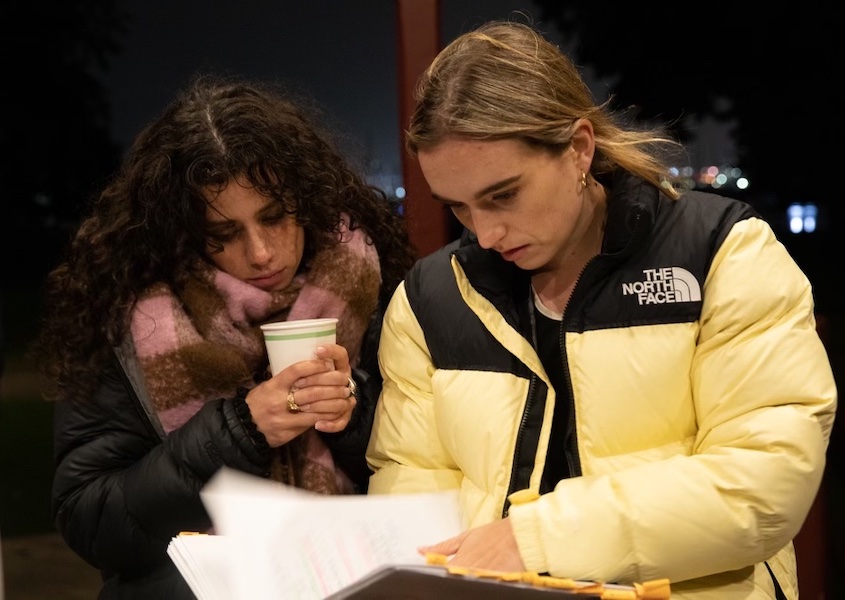
What challenges/hurdles have you faced getting to where you are now? Can you tell us about one in particular?
Getting work in the industry is really just one big referral system, so it can be really hard to get an initial foot in the door. Agents and crews often use people they’ve worked with before or rely heavily on asking those people for new recommendations, so if you’re not yet in the inner sanctum or have no industry connections, you can feel really stuck on the outskirts.
Because of this and the sheer volume of how many people want to work in the industry, the powers that be can only answer so many requests, so it can feel like a million nos before one yes and that’s hard to keep coming up against. I quickly realised that I just love being around creative people, so if I wasn’t getting acting work, I knew I still wanted to be involved within the world in some capacity. So I decided to diversify my skills into other avenues I loved, like writing and directing.
What do you want people to know about your industry/your role?
Being exposed to bigger sets the last few years has shown me that even the people who are elite in their field and have been around the block for decades are often still guessing and making things up as they go. Which means that literally everybody is, because no two jobs are the same. Every project, crew, role, team is so varied and different.
Doing contract work also means you’re essentially starting a new job every three to six months, which can be both tiring and exciting. I’ve found that outside of needing to learn new names, systems and processes over and over again, the beauty of that mode of working is that most people I’ve come across remain really open and generous to help and teach others, and are always happy to learn themselves.
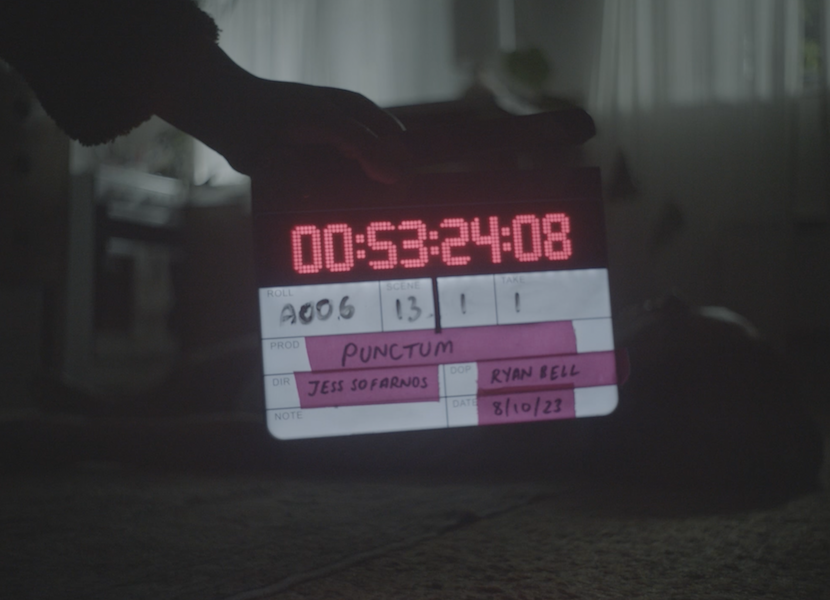
What’s the best part about your role?
Getting to collaborate with incredible creative minds and creating an ad-hoc family. Whether it’s on short film sets with a local crew of eight, or on massive Hollywood beasts with hundreds of people from all over the world, I love getting to witness masters at work and feel so inspired watching them in their chosen disciplines.
What skills have served you well in your industry?
Being an open communicator and showing vulnerability (creatively and literally). Writing from threads of personal experience isn’t for everyone, and although I still feel incredibly insecure and terrified after my work gets released into the wild, it’s served me personally in its catharsis, and professionally as a calling card to what I can offer.
In a more literal sense, communicating what you want (in life!) can feel so icky (and un-Australian – cue Tall Poppy Syndrome), but it’s so important to help propel you to where you want to go. It took me ages to get over that feeling of not wanting to ‘embarrass’ myself, but now I just say fuck it. Get shameless about reaching out to people to tell them you like their work, or want to take them for a coffee, or would love some advice. More often than not people are keen to share and collaborate and if they do make you think you’re lame or desperate or something irrelevant, then it’s a quick way to know they’re not the kind of people you want to learn from or work with anyway.
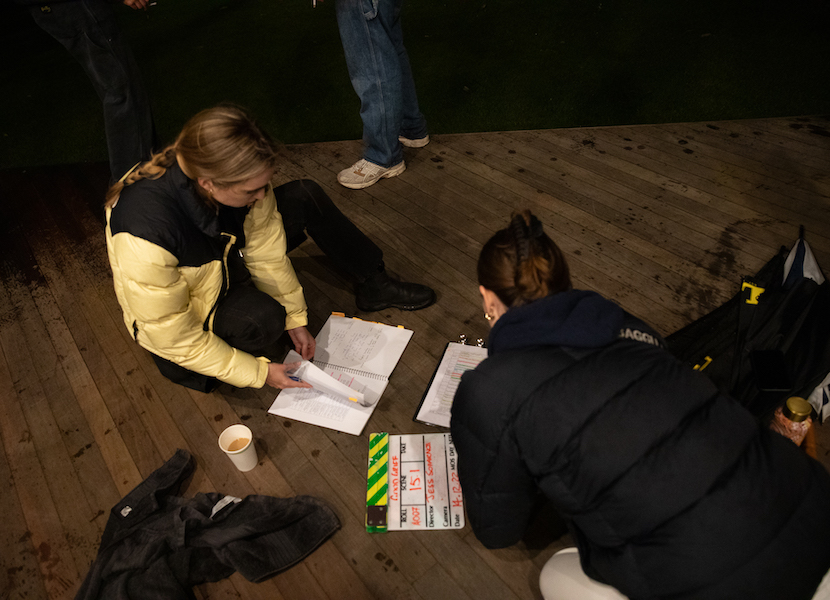
What advice would you give to someone who wants to be in a role like yours one day?
When you’re in the thick of trying to get your foot in the door and constantly coming up against roadblocks and obstacles, it can be so hard to remain positive that the pursuit itself is worth doing. The feeling of ‘will this actually ever happen?’ is something I still confront a lot, but I’ve accepted it’s something I’ll probably feel forever – because there’s always going to be the next milestone you want to reach or achieve.
Because of this, I guess I’m constantly just trying to get good at listening to my gut and enjoying the process. There is no one road to any job in film and everyone comes from a different route. Although that can be disorientating, it’s also incredibly freeing. It means you can’t really do anything wrong.
And this should be an obvious one, but be nice to everyone. The hours are too demanding to be in a miserable environment miserable and the dynamics shift so much that you never know who will be the next person making the decisions.
What about some practical tips?
If you’re a director, take some acting classes. If you’re an actor but the opportunities are feeling slim, try a production role. Having an understanding of how every cog in the machine works will not only set you up for greater success in the position you want, but will give you more understanding and empathy to all the departments around you.
Prioritise looking after yourself. See your friends, make space for creative practices, get solid support like therapy (if you have the means). If you really want to do it, you’re in for the long haul. It’s a marathon, not a sprint!
Read the rest of the How I Got Here series here.
Looking to step up to a career in fashion? Each week we send a wrap of industry jobs straight to your inbox. Enter your details below and we’ll keep you in the loop, or browse current openings here.


